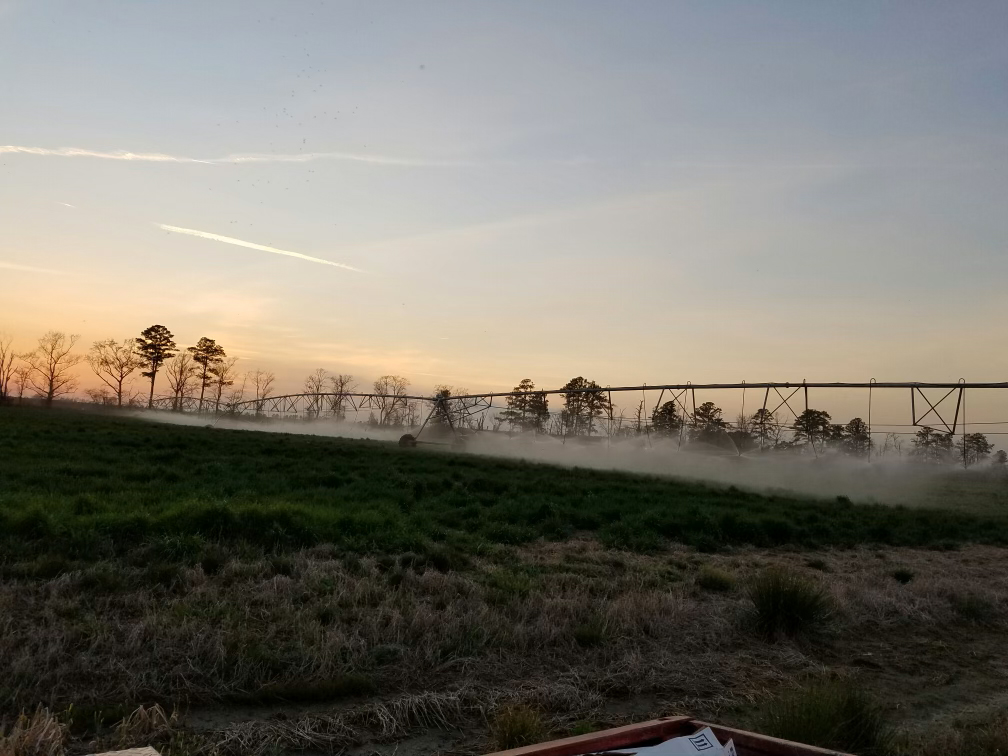[ad_1]
It’s no shock to most North Carolinians that pig farming is without doubt one of the largest financial drivers within the state – it’s the second largest ag commodity within the state, with an $11 billion financial influence. Nonetheless, there are most likely fairly a couple of issues that you just don’t know concerning the pig farms right here, which is why we’ve made this listing for you! Listed here are 5 Issues You Didn’t Find out about Pig Farms in North Carolina:
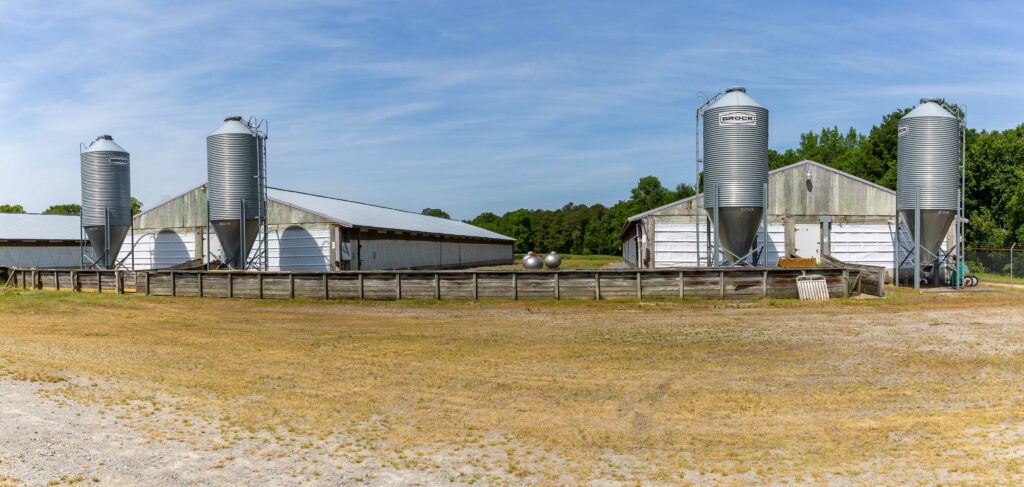
- No new pig farms have been inbuilt North Carolina for over 20 years. Resulting from a moratorium that has been in place since 1997, no new pig farms have been inbuilt our state for the reason that final millennium. Which means pig farmers work arduous to make sure that their farms are stored clear and updated on the very best farming practices with a purpose to protect them for future generations. Farmers can renovate current farms, however not enhance the variety of pigs they’re permitted for. Some pig farmers are adopting new applied sciences resembling lagoon covers and methane digesters that additional show their dedication to the development of their trade and skill to do extra with much less.
For extra details about the moratorium, go to: https://ncpork.org/the-lagoon-and-sprayfield-system-alternative-technologies-and-the-moratorium-on-new-pig-farms/
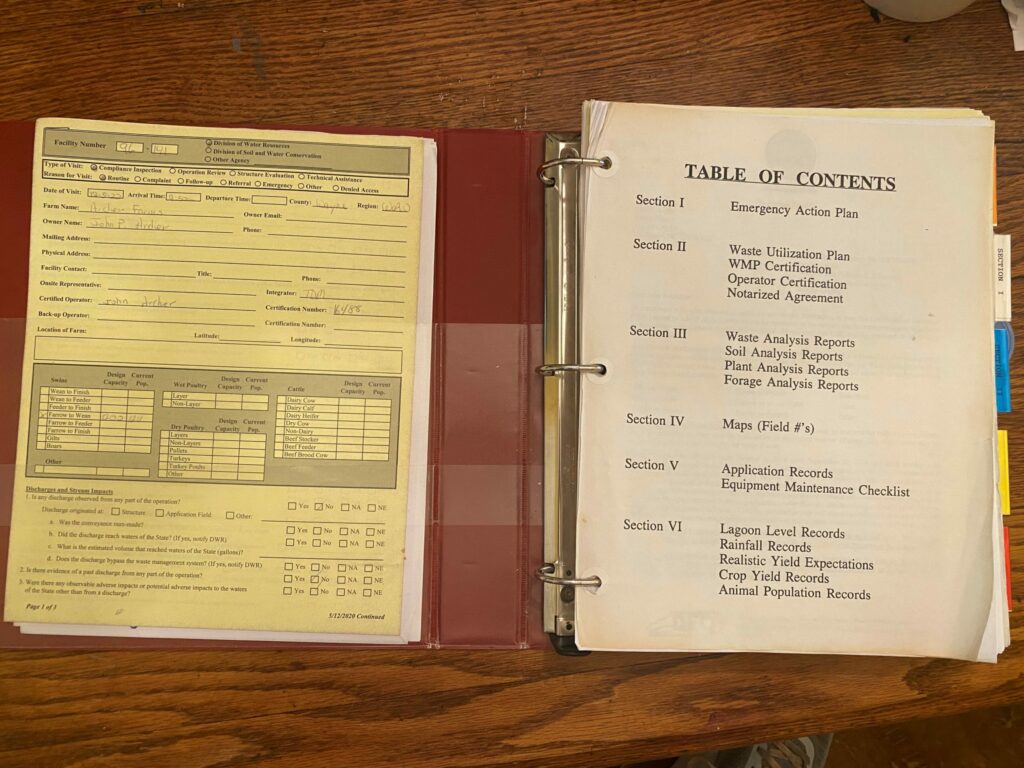
- Pig farming is among the many most extremely regulated industries in North Carolina. North Carolina pig farmers observe laws set by the North Carolina Division of Environmental High quality (DEQ). Pig farmers meet and exceed the requirements set in place for his or her farms and have a wonderful report for compliance. Along with the information they have to hold, every farm should have an Operator In Cost of the lagoon and that licensee should sustain with persevering with training credit to take care of their license. Every permitted farm additionally undergoes an annual inspection by a DEQ regulator. Along with the required allowing, pig farmers additionally go the additional mile to make sure each animal and worker security by taking part in packages such because the Pork High quality Assurance Plus (PQA+) and Transportation High quality Assurance (TQA.)
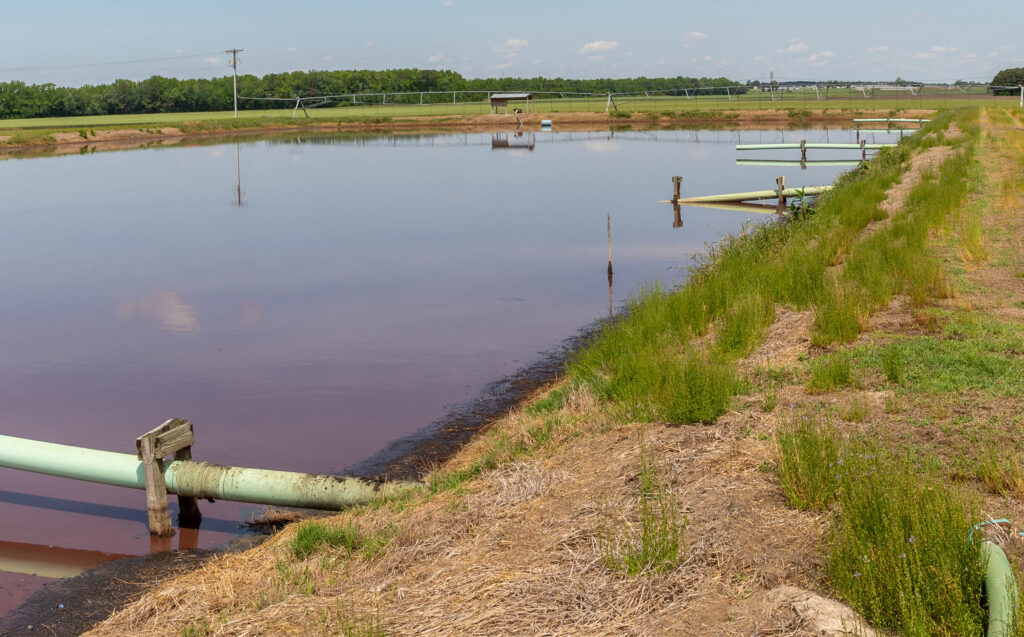
- Lagoons are managed below a non-discharge allow. Which means no water could be discharged right into a waterway (in contrast to municipal waste water remedy amenities). Farmers diligently keep their lagoons to make sure they’re working inside the bounds of the allow. This contains sustaining a minimum of a 19-inch buffer between the liquid storage and the highest of the lagoon. This zone permits for farmers to correctly handle the lagoons in case of a serious rainfall occasion (resembling hurricane) and lagoon failure stays a uncommon prevalence. Farmers keep the lagoon ranges by making use of nutrient-rich lfrom the lagoon to the authorized spray fields at an agronomic charge decided by soil testing and lagoon water testing. No manure or sludge is utilized on to the crops, simply the liquid.For extra details about lagoons, go to: https://www.ncfarmfamilies.com/farmkeepersblog/2019/02/07/understanding-pig-lagoons-everything-you-need-to-know
- It’s a sustainable cycle. And it’s easy. The crops feed the pigs – and the pigs feed the crops. Pig farming is a sustainable cycle because of the fertilizer produced by lagoons. Let’s break this down: the pigs eat feed constituted of crops resembling corn and soybeans (generally grown in our state). As soon as digested, the pigs convert that feed to power and produce, nicely, poop. That poop, collected by the lagoons, is damaged down by anaerobic micro organism and transformed into vitamins, resembling nitrogen and phosporus, which are helpful to the soil and the crop. This pure fertilizer is examined for the suitable degree of nitrogen with a purpose to adhere to EPA suggestions and state requirements, after which utilized to fields that may develop crops. These crops will ultimately be harvested to supply nutritious pig feed. It’s a sustainable cycle, and an financial one as nicely. With out this pure fertilizer, farmers could also be pressured to buy and apply artificial fertilizer to their fields.
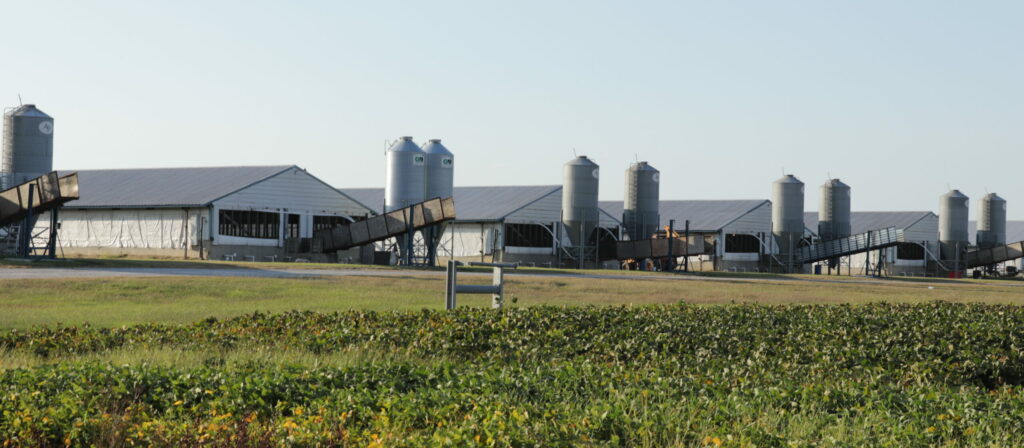
- Dimension doesn’t matter. Many individuals take a look at a contemporary pig farm and equate it to a company farm. However greater than 80% of NC’s pig farms are household owned and operated, typically having been in households for generations. Some household farms have a sole proprietor. Different household farms owned as a partnership with different members of the family (husband and spouse, cousins, siblings and many others.) So, what concerning the different pig farms in our state? A few of the remaining farms within the state not categorised as being household farms are owned by trusts, establishments (resembling NC A&T State College and North Carolina State College), or estates (howdy, Biltmore!) The remaining, based on the agricultural census, are “company farms.” Don’t let misconceptions from biased media idiot you, all of those farms listed as “company farms” aren’t all owned by a big firm. Many of those are household farms which are registered as an LLC, which falls below the class of a company entity. Some farms selected to file as an LLC as a result of it may possibly assist defend farmers’ belongings and monetary investments with their farm. This ensures that the farm can keep within the household for a lot of extra generations to come back.
To be taught extra about household farms, go to: https://nifa.usda.gov/family-farms
What number of of those details about North Carolina pig farming had been information to you? We’re keen to wager you discovered one thing new right now.
[ad_2]



